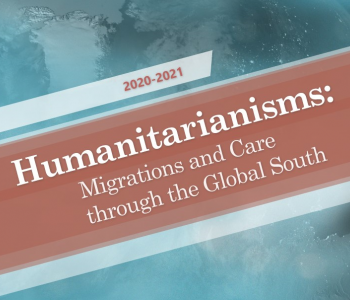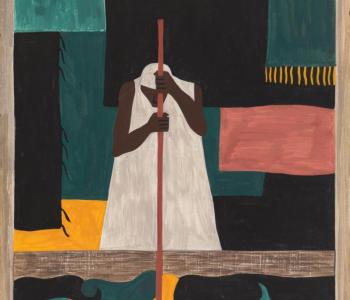Mellon Sawyer Seminars

The Mellon Foundation's Sawyer Seminars were established in 1994 to provide support for comparative research on the historical and cultural sources of contemporary developments. The seminars, named in honor of the Foundation's long-serving third president, John E. Sawyer, have brought together faculty, foreign visitors, postdoctoral fellows, and graduate students from a variety of fields mainly, but not exclusively, in the arts, humanities, and interpretive social sciences, for intensive study of subjects chosen by the participants. Foundation support aims to engage productive scholars in comparative inquiry that would (in ordinary university circumstances) be difficult to pursue, while at the same time avoiding the institutionalization of such work in new centers, departments, or programs. Sawyer Seminars are, in effect, temporary research centers.
Each seminar normally meets for one year. Faculty participants have largely come from the humanities and social sciences, although faculty members in the arts and from professional schools have also been key participants in a number of seminars. Seminar leaders are encouraged also to invite participants from nearby institutions, such as community colleges, liberal arts colleges, museums, research institutes, etc. As the Foundation reviews proposals, preference is given to those that include concrete plans for engaging participants with diverse affiliations.
Sawyer Seminar awards provide support for one postdoctoral fellow to be recruited through a national (or international) competition, and for the dissertation research of two graduate students. It is expected that the graduate students will be active participants in the intellectual life of the seminars. The seminars' contributions to graduate education in the humanities and social sciences will be carefully considered even though they are not intended to be organized as official credit-bearing courses.

